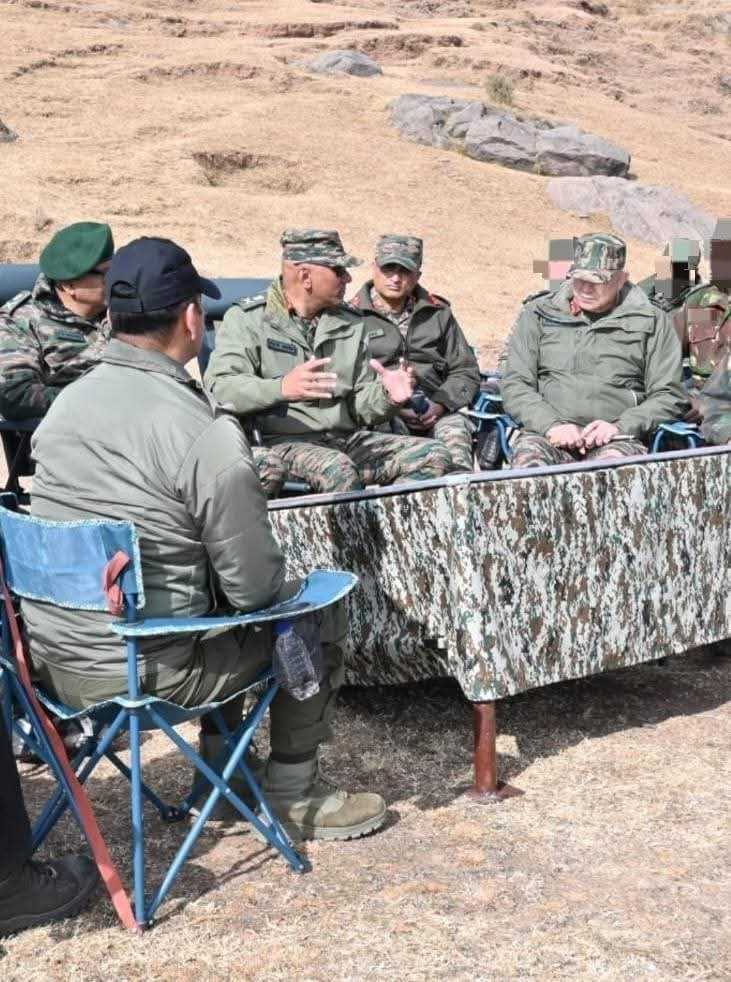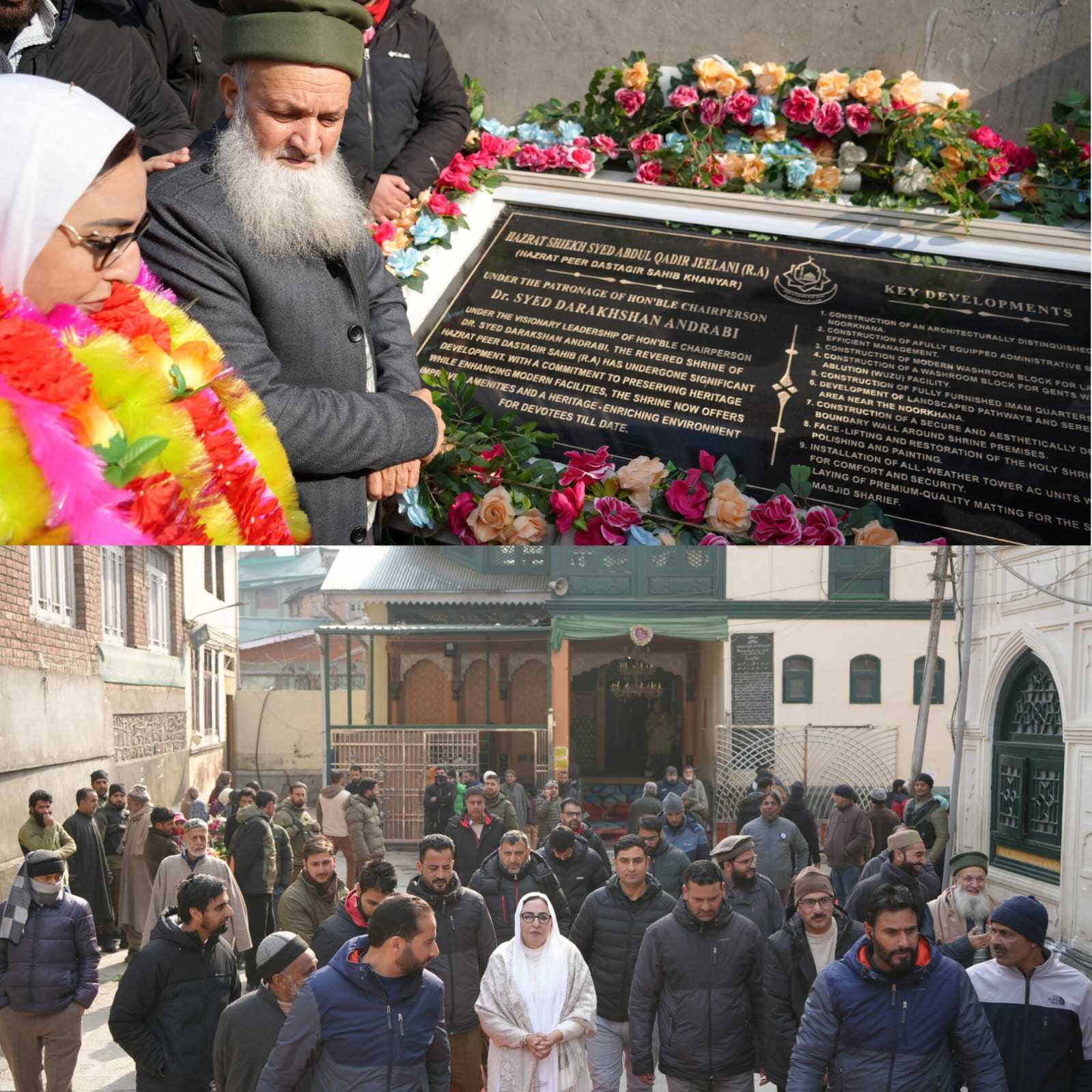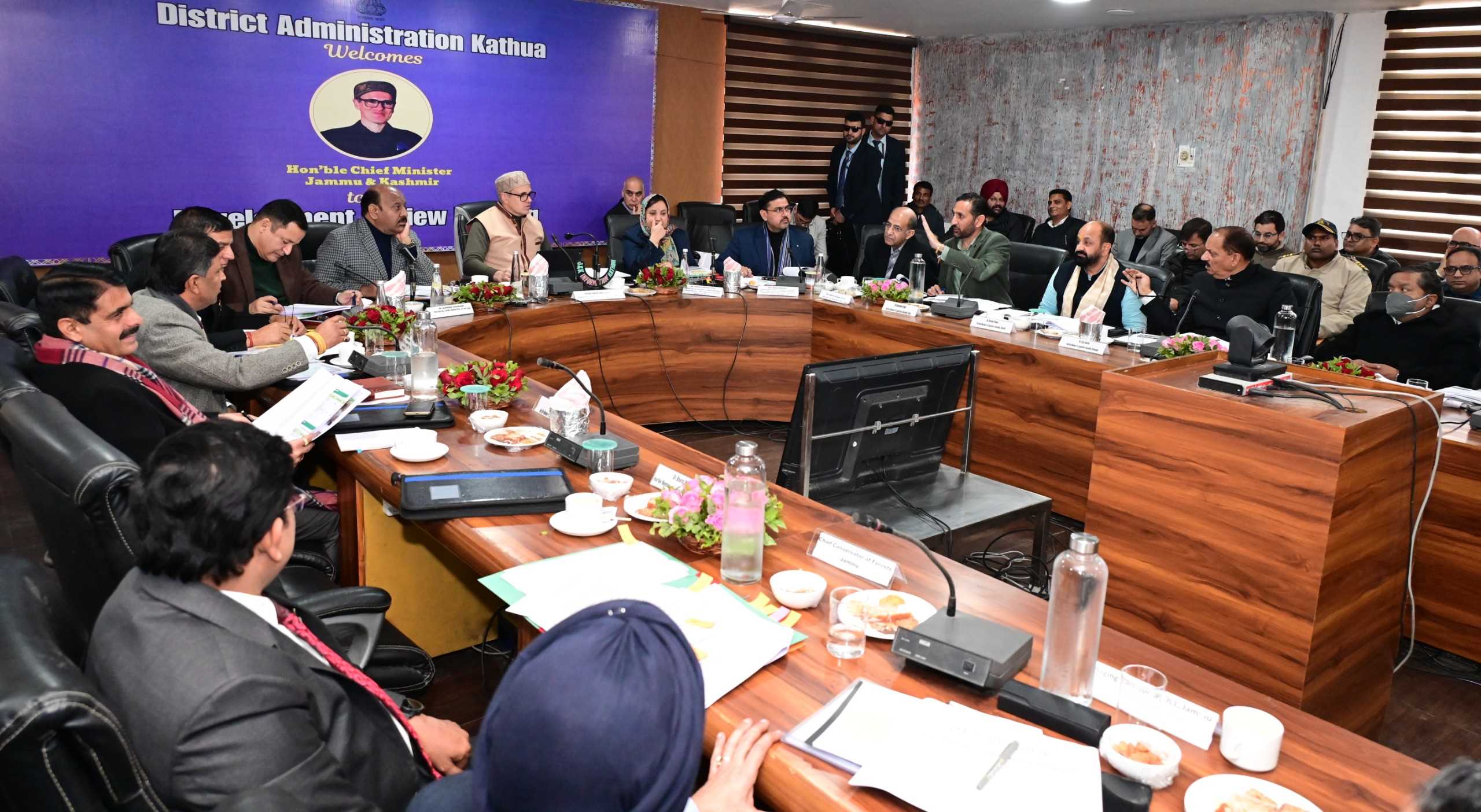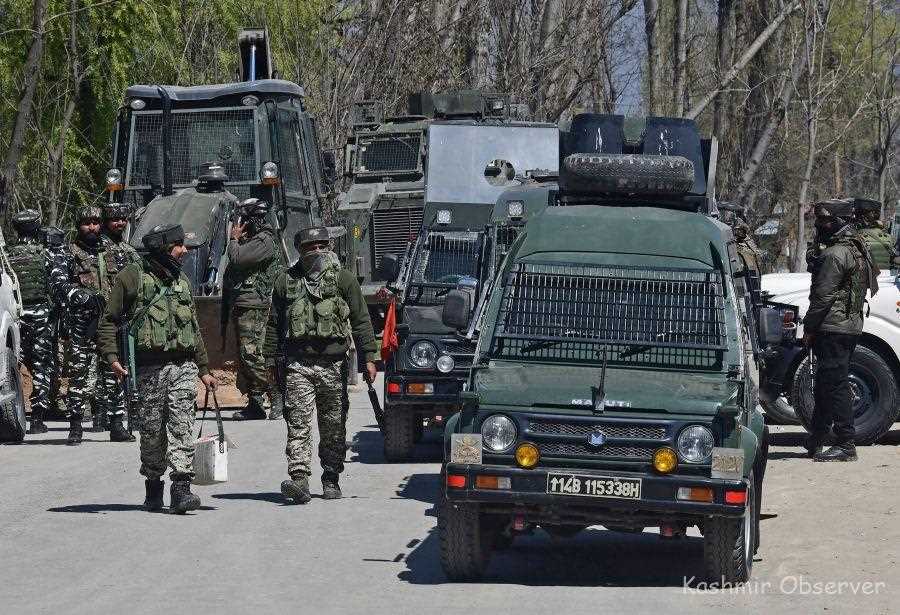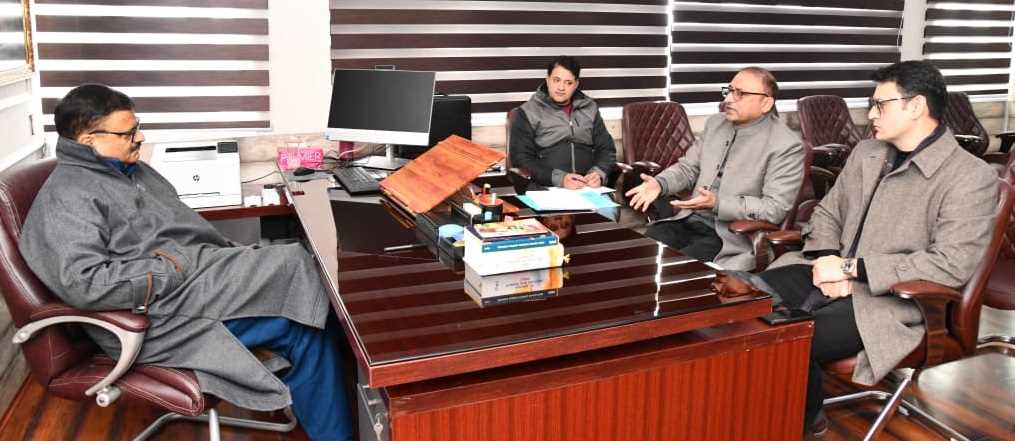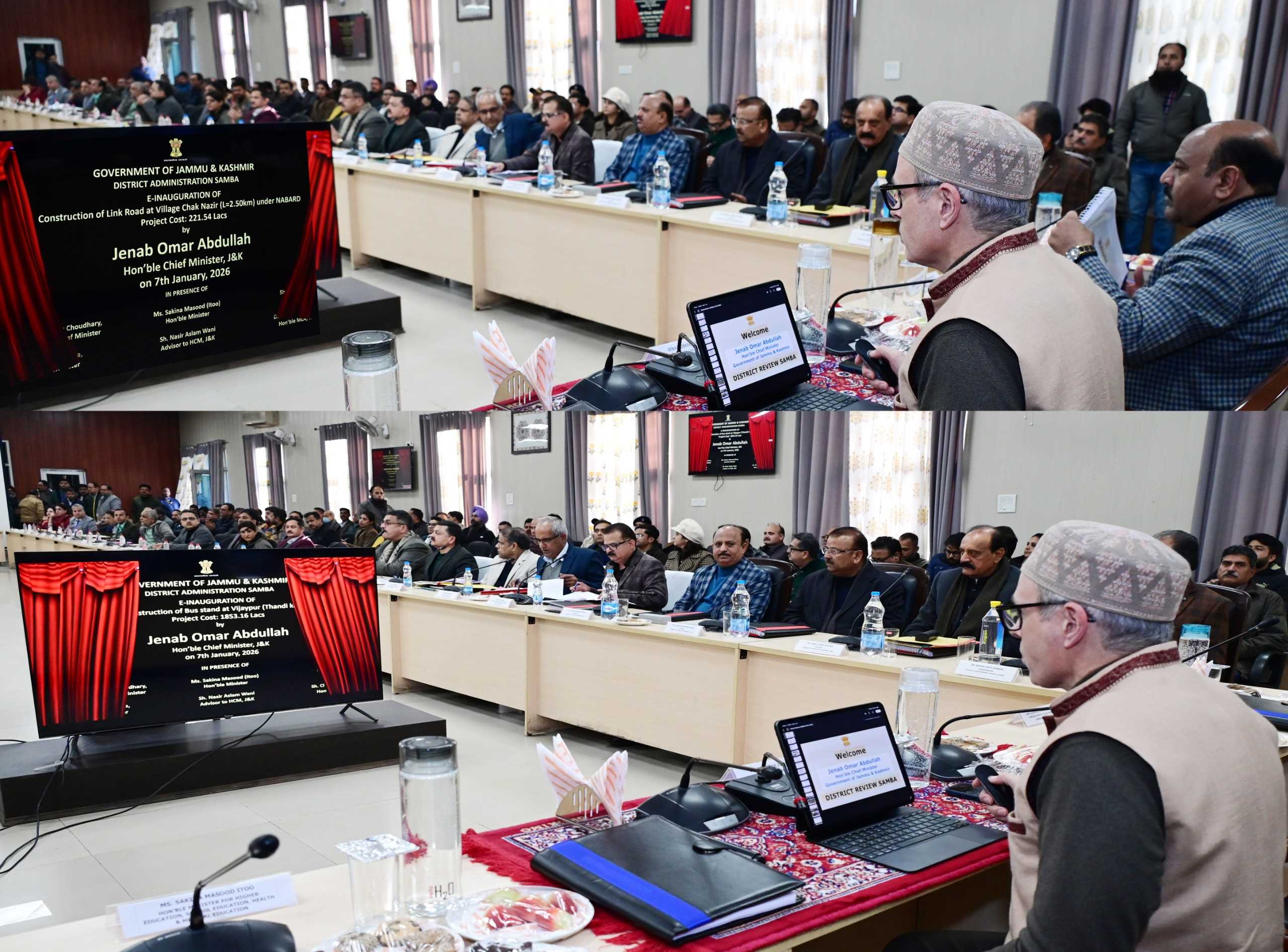World Hepatitis Day, observed annually on July 28th, is a crucial reminder of the global health burden posed by hepatitis, which is a group of infectious diseases known as hepatitis A, B, C, D, and E. This day is significant not only on a global scale but also for Kashmir, where hepatitis, particularly hepatitis B and C, poses serious public health challenges. The theme for World Hepatitis Day 2024, "Hepatitis Can't Wait," underscores the urgency needed in addressing this silent epidemic. Kashmir faces unique healthcare challenges, including a lack of awareness, limited healthcare infrastructure, and socio-political instability, which exacerbate the spread and impact of hepatitis. The prevalence of hepatitis B and C in Kashmir is particularly alarming, with studies indicating a higher-than-average rate of infection compared to other parts of India. This calls for targeted efforts to raise awareness, improve diagnosis, and enhance treatment accessibility. Raising awareness is the first step towards combating hepatitis in Kashmir. Many residents are unaware of how the disease is transmitted, its symptoms, and the long-term health consequences if left untreated. Public health campaigns tailored to the local context, employing local languages and culturally relevant messaging, are essential. Utilizing mass media, social media, and community outreach programs can help disseminate vital information about preventive measures, such as vaccination for hepatitis B and safe practices to avoid hepatitis C transmission. Improving healthcare infrastructure is another critical component. Kashmir’s healthcare system faces significant constraints, including inadequate facilities and a shortage of trained medical professionals. Strengthening primary healthcare centers, equipping them with necessary diagnostic tools, and ensuring a steady supply of essential medicines can make a substantial difference. Training healthcare workers to diagnose and manage hepatitis effectively is also crucial. Mobile health clinics and telemedicine services can play a pivotal role in reaching remote areas, ensuring that even the most isolated communities have access to care. Accessibility to treatment remains a major hurdle. Antiviral medications for hepatitis B and C can be prohibitively expensive for many residents. Government initiatives and partnerships with non-governmental organizations can help subsidize the cost of treatment, making it affordable for all. Additionally, integrating hepatitis screening and treatment into existing healthcare programs, such as those for HIV and tuberculosis, can enhance efficiency and coverage. World Hepatitis Day also emphasizes the importance of global solidarity and local action. Collaborative efforts involving government bodies, international health organizations, and local community groups can foster a comprehensive approach to tackle hepatitis. These collaborations can facilitate the sharing of best practices, funding opportunities, and technical expertise, driving progress towards the WHO's goal of eliminating hepatitis as a public health threat by 2030.


